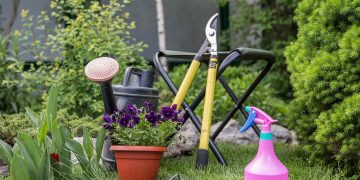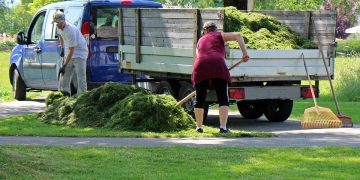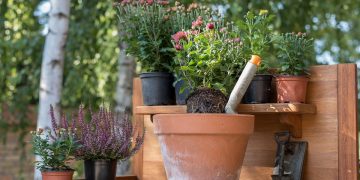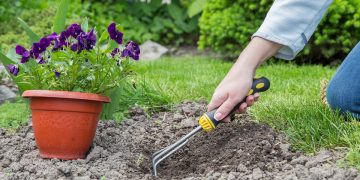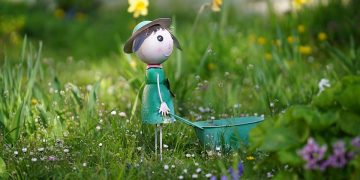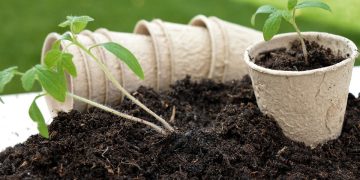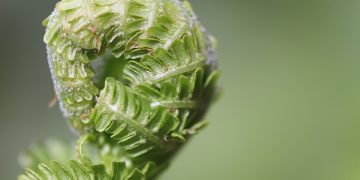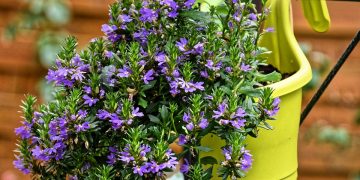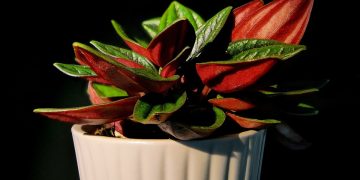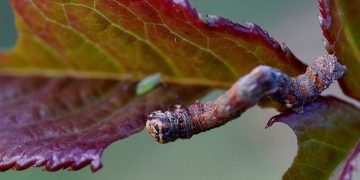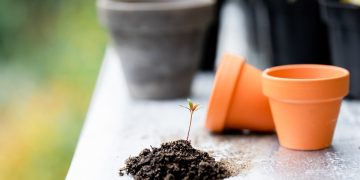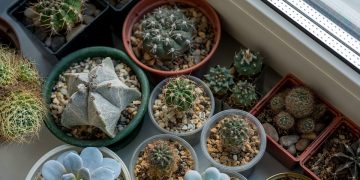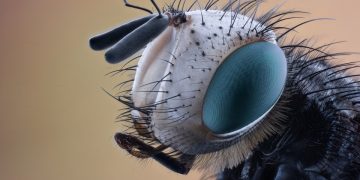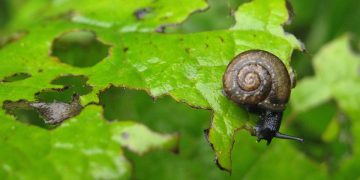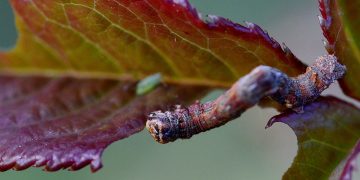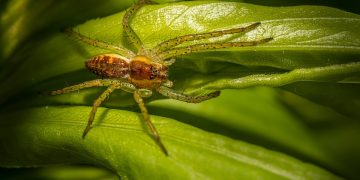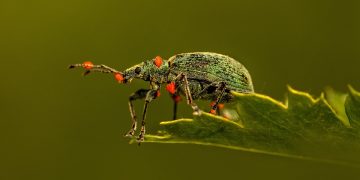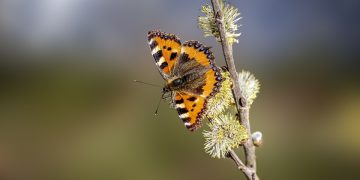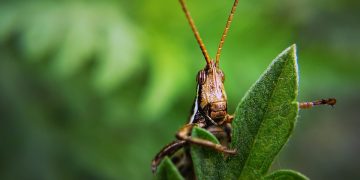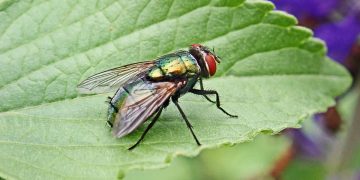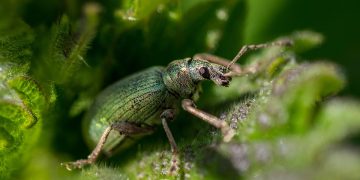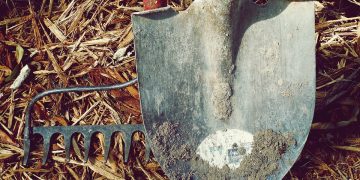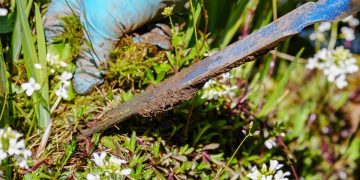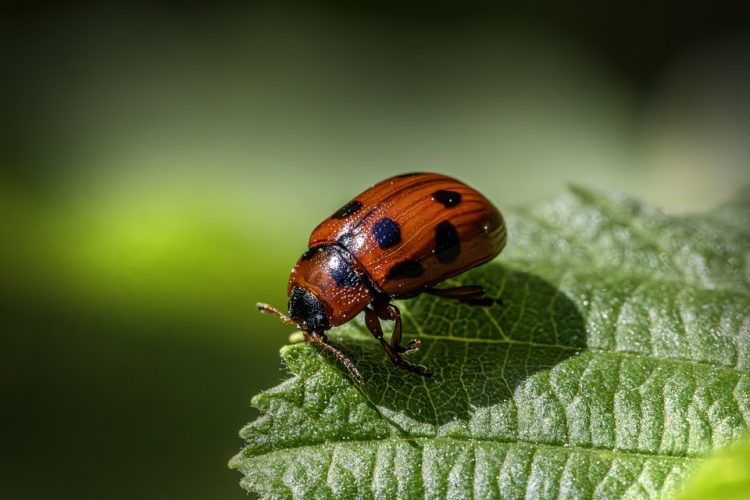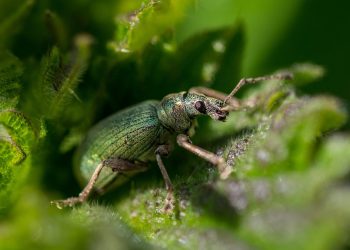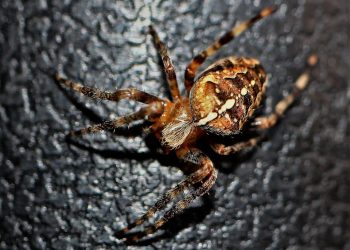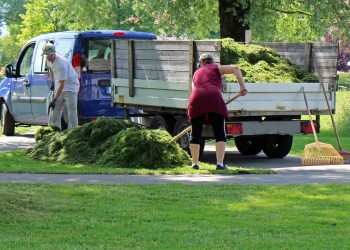Unwanted Guests: Conquering Garden Pests with Natural Solutions
Gardening is a rewarding and therapeutic hobby that allows us to connect with nature and enjoy the beauty of our surroundings. However, it can be frustrating when our gardens are invaded by unwanted guests in the form of pests. These pesky creatures can wreak havoc on our plants, causing damage and frustration for gardeners. Fortunately, there are natural solutions that can help us conquer garden pests without the use of harmful chemicals. In this article, we will explore some of the most effective natural remedies for common garden pests.
Identifying Common Garden Pests
Before we can effectively combat garden pests, it is important to first identify the culprits that are causing damage to our plants. Some of the most common garden pests include aphids, slugs, snails, caterpillars, and spider mites. These pests can cause a range of problems, from eating holes in leaves to spreading diseases among plants. By understanding which pests are present in our gardens, we can tailor our pest control methods to effectively target them.
Natural Remedies for Garden Pests
There are a variety of natural remedies that can help us combat garden pests without the need for harmful chemicals. Some of the most effective natural solutions include:
1. Neem Oil
Neem oil is a natural insecticide that is derived from the seeds of the neem tree. It is effective at controlling a wide range of garden pests, including aphids, whiteflies, and spider mites. To use neem oil, simply mix it with water and spray it on affected plants. Neem oil works by disrupting the feeding and reproductive cycles of pests, making it an effective and environmentally friendly pest control option.
2. Diatomaceous Earth
Diatomaceous earth is a natural powder that is made from the fossilized remains of diatoms. It works by absorbing the waxy outer layer of insects, causing them to dehydrate and die. Diatomaceous earth is effective at controlling a variety of garden pests, including slugs, snails, and caterpillars. To use diatomaceous earth, simply sprinkle it around the base of plants or on affected leaves.
3. Garlic Spray
Garlic spray is a natural repellent that can help deter pests from our gardens. To make garlic spray, simply blend garlic cloves with water and strain the mixture. The resulting liquid can be sprayed on plants to repel pests such as aphids, beetles, and caterpillars. Garlic spray works by masking the scent of plants, making them less attractive to pests.
Preventing Garden Pests
In addition to using natural remedies to combat garden pests, there are also steps we can take to prevent pests from infesting our gardens in the first place. Some effective methods for preventing garden pests include:
1. Companion Planting
Companion planting is a gardening technique that involves planting certain crops together to benefit each other. For example, planting marigolds alongside tomatoes can help deter pests such as nematodes and aphids. By strategically planting companion plants, we can help prevent pest infestations in our gardens.
2. Mulching
Mulching is another effective way to prevent garden pests. By mulching around the base of plants, we can create a barrier that deters pests such as slugs and snails. Additionally, mulch helps retain moisture in the soil, which can benefit plant health and reduce stress on plants.
Conclusion
Garden pests can be a frustrating challenge for gardeners, but with the right natural remedies and preventative measures, we can effectively conquer these unwanted guests. By using natural solutions such as neem oil, diatomaceous earth, and garlic spray, we can control garden pests without the need for harmful chemicals. Additionally, by practicing companion planting and mulching, we can help prevent pest infestations in our gardens. With a little bit of effort and the right strategies, we can enjoy a thriving and pest-free garden that brings us joy and satisfaction.
Remember, a healthy garden is a happy garden, so don’t let pesky pests ruin your gardening experience. Use these natural solutions and preventative measures to keep your garden thriving and pest-free all season long.



